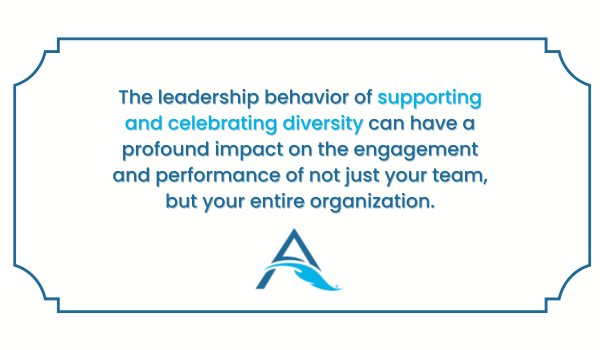In the US alone, 6.2 percent of the total population identify as AANHPI (Asian American, Native Hawaiian, Pacific Islander). In any group of 100 Americans, almost 7 are AANHPI. Recognizing members of the AANHPI population means highlighting the important work they do across organizations, industries, and segments—government, corporate, agriculture, not-for-profit, and many more.

People of AANHPI descent—like people of all backgrounds—cannot be adequately described in just a few sentences. Nor can the diverse peoples of AANHPI descent be defined in categories that would fairly or credibly apply to all. The diversity of language, culture, religion, and even cuisine across AAPI people is too broad and complex for one-size-fits-all categorization.
Yet, sadly, like other historically underrepresented groups, people of AANHPI descent are frequent targets of racism, xenophobia, and, most tragically, violence. All of us at ALULA stand against racism in all its forms and directed at any person or group.
As a world of many races, cultures, and identities, we are united by the common bond of humanity. As we honor AANHPI Month in the United States, let’s consider how those of us who are not AANHPI can think and act in ways that are inclusive, accepting, and helpful:
- Seek and engage in dialogue with someone of Asian, Native Hawaiian, or Pacific Island ethnicity
- Ask about their culture, their family, their history, and their lived experience as an Asian American, Native Hawaiian, or Pacific Islander
- Listen not just with your ears, but more importantly with your head and your heart
- Share some of who you are, and your own ethnic and cultural story
- Invite a friend or family member to do this same exercise with someone of AANHPI heritage
While the exercise above may seem modest, consider the compounding impact if 10 people practice it. What about 100? 1000? Then, what starts as a personal, one-on-one act of relationship-building can have ripple effects across many communities in our nation and around the world.
As we work with businesses to build thriving workplace cultures, we see America’s celebration of Asian American Pacific Islander Month as another opportunity for all of us to focus on the ongoing work of building a thriving culture that is inclusive of the gifts, talents, voices, thoughts, and inspirations that come from the diverse heritages across AANHPI peoples.
To readers of this blog who are leaders thinking about your teams, please do not view them as a homogenous group, and please do not engage them through a monochromatic lens. Consider the range and strength of team diversity: different backgrounds, experiences, ethnicities, and cultures. Many teams have global representation (recall: almost 7 of every 100 Americans is AANHPI), and even if your team does not reflect apparent ethnic diversity, reflect on the diversity that may be present but not obvious. When all of us leaders seek diversity of thought and experience, then we are adding to the richness of our workplace cultures and team climates. The leadership behavior of supporting and celebrating diversity can have a profound impact on the engagement and performance of not just your team, but your entire organization.









